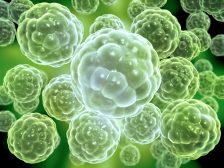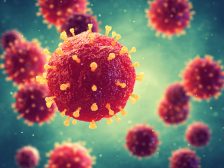Definition
noun
An ester or a salt of malic acid
Supplement
Malate is the ionized form (an ester or a salt) of malic acid. Malic acid is a dicarboxylic acid produced by a living organism, with a chemical formula: C4H6O5. It was first described in 1785 by Sheele who was able to isolate it from unripe apples. The name malic is derived from the Latin malum, meaning apple. Apart from apple, malic acid is also found in other frutis, e.g. grapes, watermelons, and cherries.1
The stereoisomeric form produced naturally is L-malate. It is involved in Krebs cycle. Krebs cycle (or citric acid cycle) is a series of redox reactions that occur in the mitochondrion to ultimately generate chemical energy that fuel metabolic reactions. In Krebs cycle, malate is produced during the hydration of C-C double bond of fumarate with H2O. The malate produced then acts as the substrate that reacts with NAD+ to produce oxaloacetate, NADH and hydrogen anion through the enzyme, malate dehydrogenase.
Apart from Krebs cycle, malate is also involved in C4 carbon fixation during photosynthesis. It is a source of carbon dioxide in the Calvin cycle.
See also:
Reference(s):
1 Schaechter, M. (2009). Encyclopedia of Microbiology. Academic Press. p.428.







